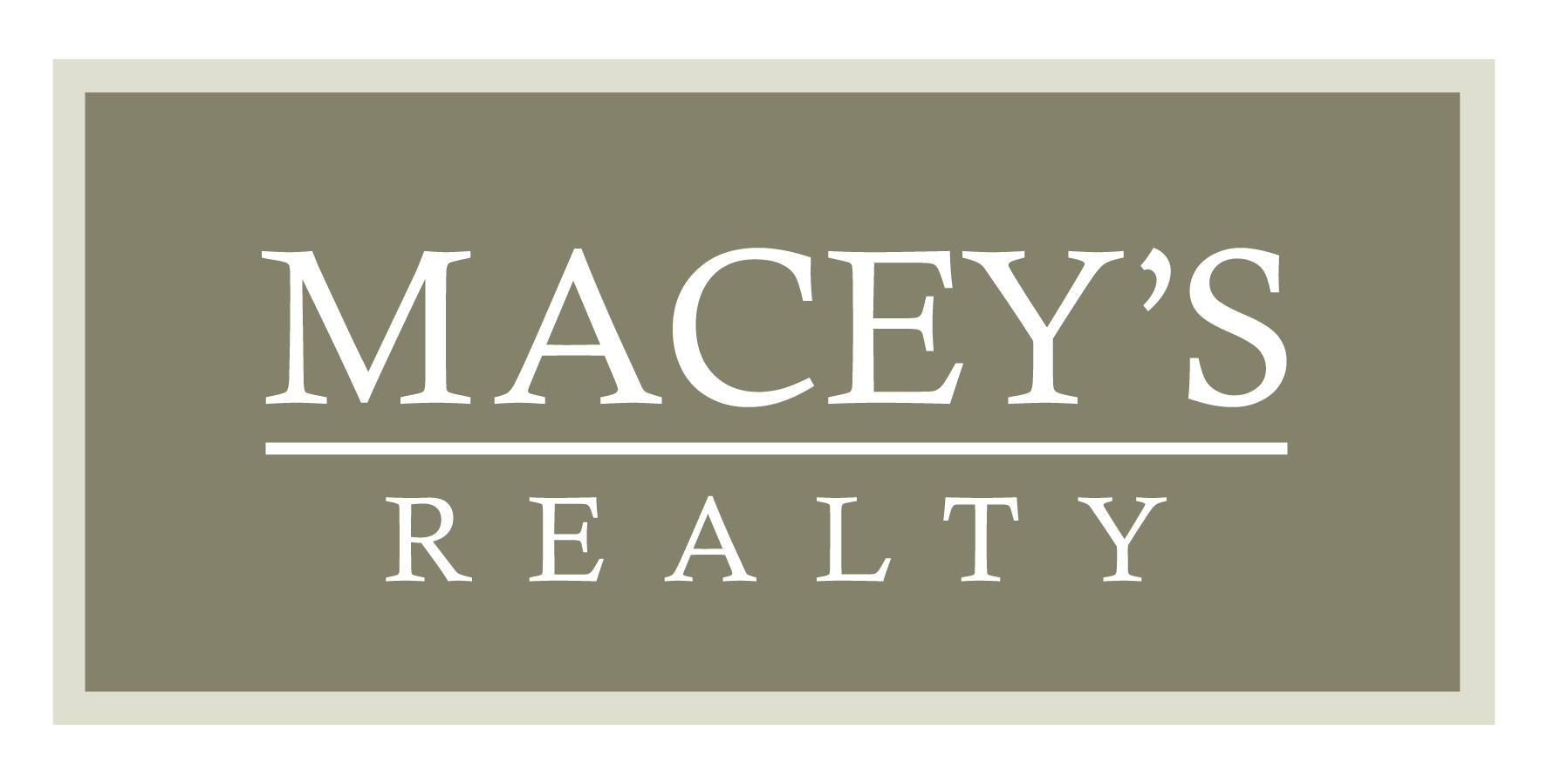
The US Census Bureau recently revealed that the US homeownership rate declined to 62.9%, the lowest level reported in 51 years of Census tracking.
This statistic does not signal impending doom. Since 2006, there has been a decline from peak ownership rates which is attributed in part to responsible lending practices and shifting demographic patterns. What is significant about this statistic is that it can give those intent on homeownership the false impression that they are fighting a losing battle.
If you’re on the non-homeowner side of this statistic, does this spell opportunity for you? With the economy and employment gaining strength, and predicted home-buying demographic shifts, homeownership may start an upward swing.
If you don’t own your own home, you know there are reasons why not. Since my work dictates I challenge the best to become better, I ask you, “How sure are you that those reasons are still valid or insurmountable?”
Repeatedly, when I speak to audiences about becoming their own futurist and creating strategies to achieve the future of their choice, I frequently meet people – individuals, couples, families, groups – who did not realize that their future could include homeownership.
Because they did not consider ownership a possibility, they gave up investigating, learning, strategizing, acting, and dreaming to make it happen. So it did not.
Ask any real estate or financial professional, and they won’t hesitate to tell you that home ownership is, rarely if ever, achieved by those who make no effort or take no action in that direction.
Any “short cuts” lie in understanding exactly what effort and action are required for the most direct path to ownership success. That’s what real estate professionals are trained to know all about. They understand how to relay that information to willing buyers and sellers.
![]() Interview real estate professionals until you find one with the right mix of experience and determination to assist you with your ownership goals.
Interview real estate professionals until you find one with the right mix of experience and determination to assist you with your ownership goals.
![]() Listen and take notes or record when this professional explains your options and how to achieve your ownership goals. If you ask questions, you will also receive details about various ownership options, including cooperatives, condominiums, and other alternatives available in your area and price range. More questions and you’ll discover how the purchasing process works.
Listen and take notes or record when this professional explains your options and how to achieve your ownership goals. If you ask questions, you will also receive details about various ownership options, including cooperatives, condominiums, and other alternatives available in your area and price range. More questions and you’ll discover how the purchasing process works.
![]() Consider the full range of neighborhoods and communities within your area. Prices tend to go down the further out you go from city center. With good public transit, moving to the suburbs may not require as many sacrifices as you might think.
Consider the full range of neighborhoods and communities within your area. Prices tend to go down the further out you go from city center. With good public transit, moving to the suburbs may not require as many sacrifices as you might think.
If you’d like to own your own home, this may be the right time for action.
There are a number of ways to increase your purchasing power and bring real estate ownership within reach. The important thing is not to give up on making an effort before you have explored opportunities available to you in this real estate market:
![]() Interest rates have not risen as dramatically as they are predicted to do in the future. Waiting until rates rise will limit the size of mortgage you qualify for. Mortgage brokers can explain how much you’ll qualify for and how you may be able to improve that level of financing. When you purchase, aim for the longest term you qualify for without seriously compromising purchasing power. That way you’ll have years at a rate you can afford while the mortgage debt is declining.
Interest rates have not risen as dramatically as they are predicted to do in the future. Waiting until rates rise will limit the size of mortgage you qualify for. Mortgage brokers can explain how much you’ll qualify for and how you may be able to improve that level of financing. When you purchase, aim for the longest term you qualify for without seriously compromising purchasing power. That way you’ll have years at a rate you can afford while the mortgage debt is declining.
![]() Debts can reduce the size of mortgage you qualify for, but financial professional advisers can suggest do-able debt-reduction strategies to improve borrowing power.The first step may be reducing the accumulation of new debt by ending discretionary spending like impulse shopping, eating out, and holiday travel.
Debts can reduce the size of mortgage you qualify for, but financial professional advisers can suggest do-able debt-reduction strategies to improve borrowing power.The first step may be reducing the accumulation of new debt by ending discretionary spending like impulse shopping, eating out, and holiday travel.
![]() The real estate you purchase may become a “financial partner” in achieving ownership. For instance, buying a one or two-unit rental income property may raise your qualifying income by some or all of the rent the rental unit or units would bring in. This financial leverage may also be possible in a non-rental property if you can prove you have boarders who will move in with you, pay rent, and share expenses.
The real estate you purchase may become a “financial partner” in achieving ownership. For instance, buying a one or two-unit rental income property may raise your qualifying income by some or all of the rent the rental unit or units would bring in. This financial leverage may also be possible in a non-rental property if you can prove you have boarders who will move in with you, pay rent, and share expenses.
![]() Uncertainty abounds, but the economy continues to build momentum and job prospects continue to improve. Untapped income opportunities may exist. When was the last time you explored new employment and education opportunities with your current employer or within your community? Having a job that is “just enough” to keep you going can create inertia that defeats your belief that there’s more out there for you if you persist.
Uncertainty abounds, but the economy continues to build momentum and job prospects continue to improve. Untapped income opportunities may exist. When was the last time you explored new employment and education opportunities with your current employer or within your community? Having a job that is “just enough” to keep you going can create inertia that defeats your belief that there’s more out there for you if you persist.
Realtytimes.com contains a rich library of articles to answer your questions and help you explore alternatives. Below are a few from my ongoing column “Decisions & Communities” that reveal the range of opportunities available to those on the path to homeownership:
- “Five Core Matching Questions For Buyers“
- “Home Buyers: Seven Insights Into Confident Decision Making“
- “Joint Ownership: Proceed with Equal Parts of Creativity and Caution“
- “New Online Education Empowers Home Buyers“
As you research ownership ideas and opportunities, stay skeptical. Ask for details and persist until you understand exactly what you and others involved will be responsible for. Beware of anyone promising overnight success or cheaper-than-believable housing. Stick with professionals who have verifiable credentials and proven expertise.
Since the downturn, you’ve had years to consider homeownership. Is it time for action before rising interest rates and increasing demographic demand move real estate ownership further out of reach?


